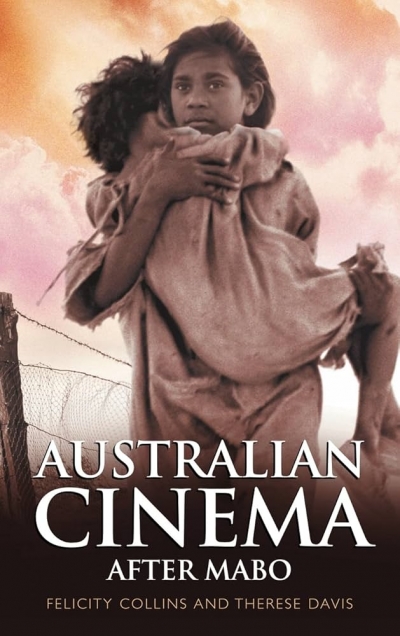John Slavin
Timing Is Everything: A life backstage at the opera by Moffatt Oxenbould
Australian Cinema After Mabo by Felicity Collins and Therese Davis
The statues in the ancient museum
The ones of young women, the kohl
Dripping tears of the centuries from
Their luminous eyes, smiling that
Detached ironic smile never doleful,
That’s what gave her a gift for it.
Visiting Shirley Hazzard in Italy is like entering a Hazzard novel. She lives in an apartment within the grounds of a splendid villa at Posillipo. The rooms are cool against the summer sun, and when you step onto her terrace the vista and the light are dazzling. Scarlet bougainvillea falls in twisted festoons. From the terrace, she surveys the breathtaking scope of the Bay of Naples. To the left, the shadowy silhouette of Vesuvius. The long cluttered arch of the Neapolitan littoral holds the blue bay in its stretch. The Sorrentine peninsula seals off the southern edge, and out on the fringe, a blue punctuation, the island of Capri, where Hazzard also maintains a house.
... (read more)


